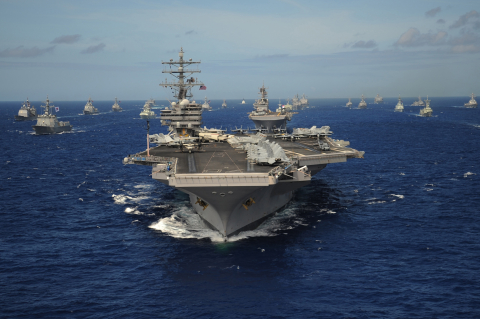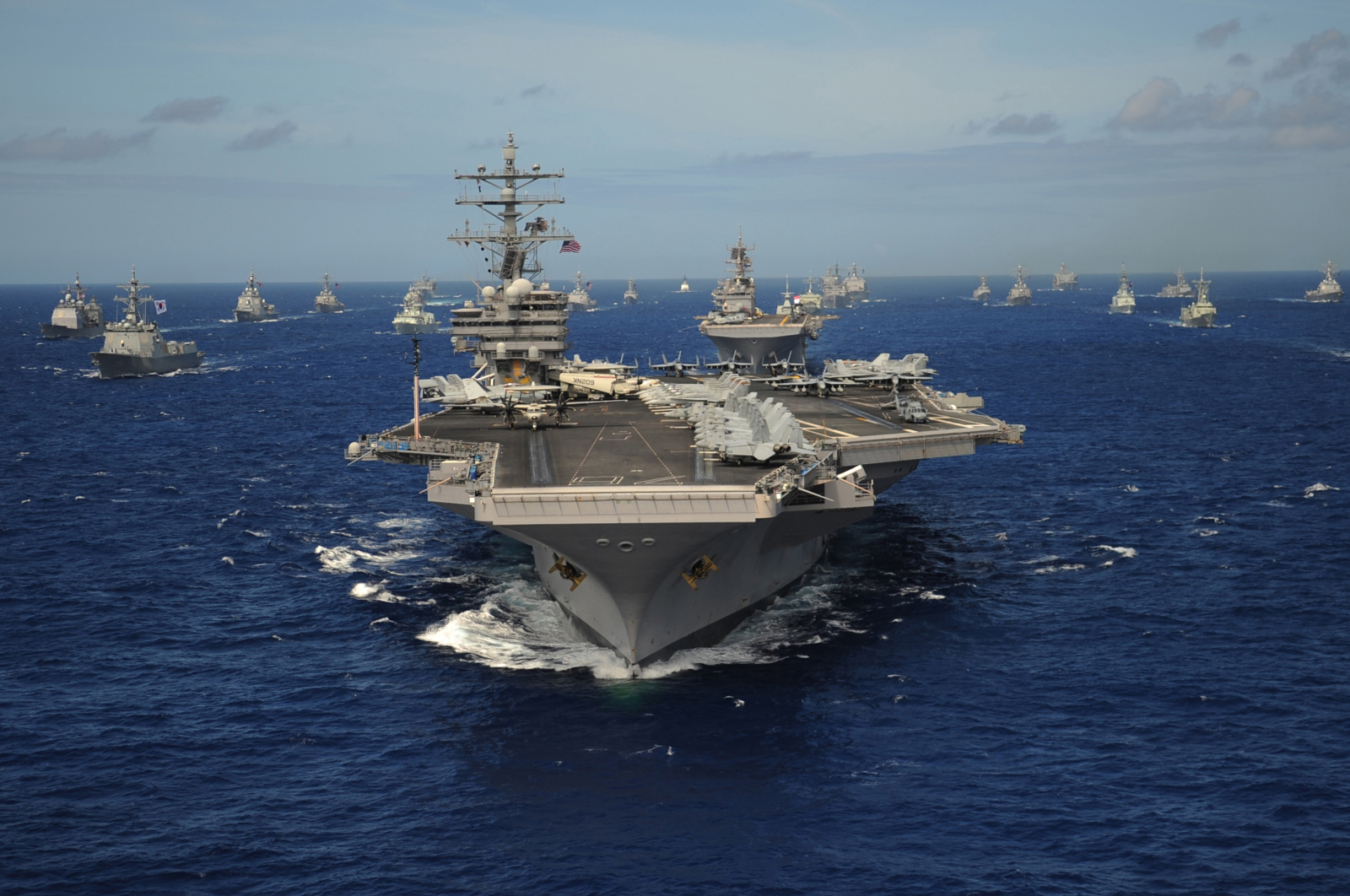Allied and Aligned? The Future of Alliances in the Indo-Pacific after the US Elections

Practical information
Accessibility
Themes and regions
Related centers and programs

Annual Conference of Ifri's Center for Asian Studies
Replay
The US-centered alliance system in East Asia has long been the lynchpin of the region’s security architecture. As Washington and Beijing enter ever more deeply into an era of strategic competition, US allies and partners in the region must adapt to the consequences of a rising China and shifts in American strategy. Indeed, policies and strategies formulated in the United States have a direct impact on the regional security environment. On the one hand, a more aggressive pursuit of American strategic interests could raise the risk of entrapment wherein allies and partners are drawn into a conflict they would prefer to avoid. On the other, a more reserved or even isolationist United States would create a security vacuum in the region. Following American elections on November 5th, how do allies and partners in the Indo-Pacific consider the course of US engagement in Asia and its impact on regional security? How might US efforts to integrate defense industrial bases in the region impact these relationships? More broadly, how is the nature of alliance networks in the Indo-Pacific changing?
PROGRAM
Opening remarks
10:00-10:20 CET
Marc Hecker, Deputy Director, Ifri
Expectations and concerns toward the next US administration from key allies and partners in East Asia
10:20-12:00 CET
- I-chung Lai, President, Prospect Foundation
- Takako Hikotani, Professor, Gakushin University, Senior Fellow, Asia Society Policy Institute (virtual)
- Tongfi Kim, Professor, Brussels School of Governance (BSoG-VUB) and Senior Researcher, KF-VUB Korea Chair
- Lizza Bomassi, Research Analyst, European Union Institute for Security Studies (EUISS)
Chaired by Marc Julienne, Director, Center for Asian Studies, Ifri
Lunch break
12:00-13:30 CET
The ties that bind: Integration of defense industrial bases in Asia
13:30-15:00 CET
- Kelly Grieco, Senior Fellow, Reimagining US Grand Strategy Program, Stimson Center
- Wooyeal Paik, Professor, Department of Political Science and International Studies, Yonsei University
- Hirohito Ogi, Senior Research Fellow, International House of Japan (virtual)
Chaired by Élie Tenenbaum, Director, Security Studies Center, Ifri
What future for alliances and security partnerships in the Indo-Pacific?
15:15-17:00 CET
- I-chung Lai, President, Prospect Foundation
- Tanvi Madan, Senior Fellow, Center for Asia Policy Studies, Brookings Institution (virtual)
- Adrian Ang, Research Fellow and Coordinator of the US Programme, S. Rajaratnam School of International Studies (RSIS)
- Céline Pajon, Research Fellow, Head of Japan and Indo-Pacific Research, Ifri
Chaired by John Seaman, Research Fellow, Center for Asian Studies, Ifri
Contact





